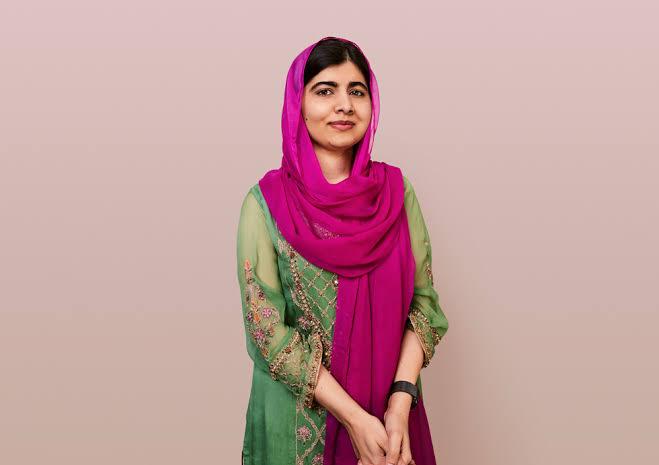Malala Yousafzai is not just a name; she is a symbol of courage, resilience, and the unbreakable spirit of a young girl who refused to bow down to oppression. Her story is a testament to the power of education and the strength of a single voice against the forces of darkness.
A Childhood Under Threat
Born on July 12, 1997, in Mingora, Pakistan, Malala was raised in a family that deeply valued education. Her father, Ziauddin Yousafzai, was an educator and an activist who believed that both boys and girls had an equal right to knowledge.
However, Malala’s childhood was overshadowed by the rise of the Taliban in the Swat Valley. In 2007, the extremist group began imposing strict rules, banning girls from attending school, shutting down institutions, and punishing those who defied them. But Malala refused to be silenced.
A Young Activist Takes a Stand
At just 11 years old, Malala began writing a blog for the BBC under a pseudonym, Gul Makai, detailing the atrocities committed by the Taliban and her struggle to continue her education. Her words resonated with people around the world, shedding light on the brutal reality faced by young girls in Pakistan.
Her advocacy did not go unnoticed. She appeared in documentaries, spoke at public forums, and fearlessly continued her fight for education. But this bravery came at a cost.
The Attack That Shocked the World
On October 9, 2012, as Malala was returning home from school, Taliban gunmen boarded her school bus and shot her in the head at point-blank range. The bullet traveled through her skull and lodged near her spine. The world watched in horror as the 15-year-old girl fought for her life.
Against all odds, Malala survived. She was airlifted to Birmingham, UK, where she underwent multiple surgeries. But instead of being silenced, she emerged stronger than ever.
A Global Icon for Education
Malala’s story ignited a global movement. She became the face of the fight for girls’ education, receiving support from leaders, activists, and millions of people worldwide.
In 2013, she co-authored the memoir “I Am Malala”, which became a bestseller and inspired millions. Her activism led to the establishment of the Malala Fund, an organization dedicated to advocating for girls’ education globally.
The Youngest Nobel Laureate
In 2014, at just 17 years old, Malala became the youngest recipient of the Nobel Peace Prize, sharing the honor with Indian child rights activist Kailash Satyarthi.
During her Nobel acceptance speech, she declared:
“I tell my story not because it is unique, but because it is the story of many girls.”
Her unwavering commitment to education and gender equality continues to inspire millions. She pursued her own education at Oxford University, proving that education is not just a right but a powerful weapon against injustice.
A Legacy That Lives On
Today, Malala Yousafzai remains a tireless advocate for girls’ education, refugee rights, and social justice. She continues to work through her foundation, meeting world leaders and pushing for policy changes to ensure that every girl has the right to learn.
Malala’s journey from a small town in Pakistan to the global stage is not just a story of survival—it is a revolution. She is living proof that one voice, no matter how young, can challenge oppression and change the world.
“One child, one teacher, one book, one pen can change the world.” – Malala Yousafzai

